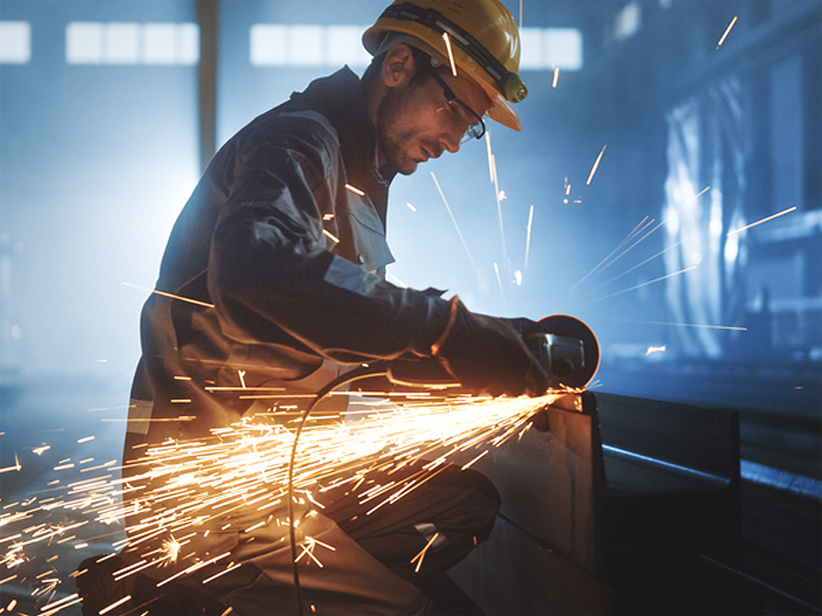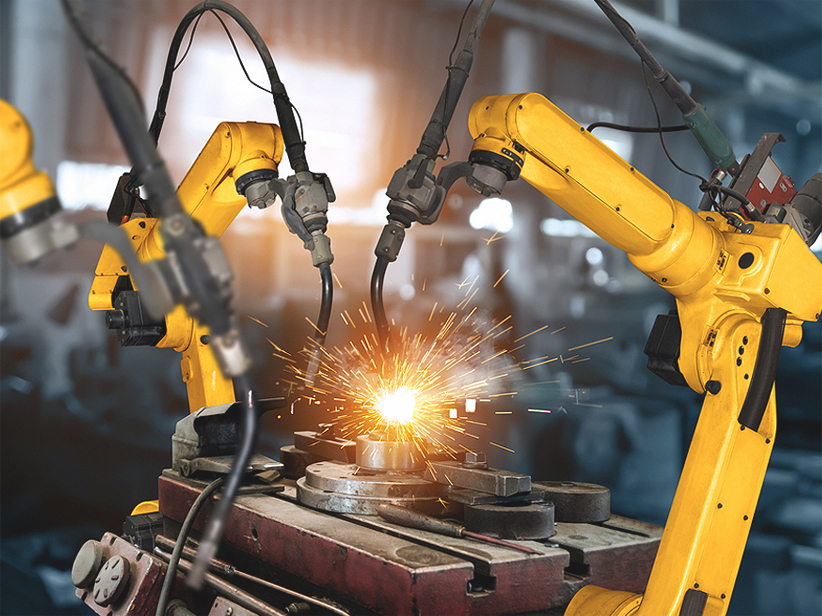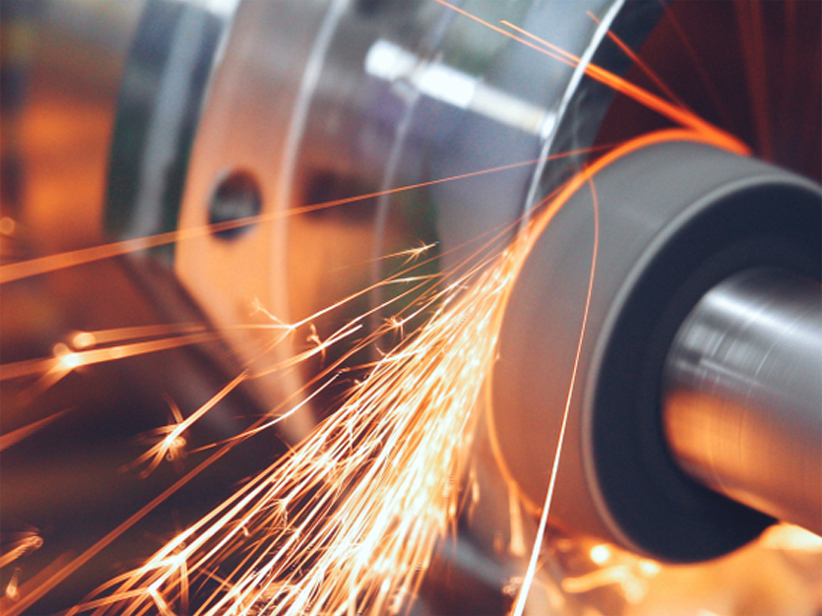Description
Alloy Steel Grade 8620/1.6523 is a low-alloy steel containing nickel, chromium, and molybdenum as the primary alloying elements. This grade is widely used for its excellent toughness, wear resistance, and ability to be case hardened. The core strength and toughness of 8620 make it ideal for applications requiring both strength and wear resistance, especially where carburizing is necessary to achieve a hard, wear-resistant surface. It is often used in the manufacture of gears, crankshafts, and other components subjected to high stress and impact.
Chemical Composition
Carbon (C): 0.18 - 0.23%
Chromium (Cr): 0.40 - 0.60%
Manganese (Mn): 0.70 - 0.90%
Silicon (Si): 0.15 - 0.35%
Nickel(Ni): 0.40 - 0.70%
Molybdenum (Mo): 0.15 - 0.25%
Phosphorus (P): ≤ 0.035%
Sulfur (S): ≤ 0.040%
Mechanical Properties
Tensile Strength: 620 MPa (90 ksi) – 850 MPa (123 ksi)
Yield Strength: 360 MPa (52 ksi) – 460 MPa (67 ksi)
Elongation at Break: 17-30%
Reduction at Area: 45-55%
Hardness: 149-201 HB (Brinell Hardness) (Core hardness in annealed condition)
Impact Strength: Good toughness and ductility, especially after heat treatment
Thermal & Physical Properties
Density: 7.85 g/cm³
Melting Point: 1425 - 1460°C (2597 - 2660°F)
Thermal Conductivity: 42.7 W/m•K at 100°C
Coefficient of Thermal Expansion: 12.2 x 10⁻⁶ /°C at 20-100°C
Specific Heat: 486 J/kg•K at 20°C
Other Designations
DIN : 1.6523
UNS Number:G86200
AISI: 8620
SAE: 8620
EN: 20NiCrMo2-2
Fabrication and Heat Treatment
Fabrication: 48620 can be readily machined, welded, and formed. The
Heat Treatment:
Annealing: Heat to 820°C - 850°C, hold until uniform, and then cool in the furnace to relieve internal stresses.
Normalizing: Heat to 870°C - 900°C, air cool to increase toughness and ductility.
Carburizing: 900°C - 950°C, followed by quenching and tempering for a hard, wear-resistant surface with a tough core.
Tempering: Temper after quenching at 150°C - 200°C to relieve stresses and achieve the desired hardness.
Applications
Gears: Widely used in automotive and industrial gear applications where a tough core and hard surface are required.
Crankshafts: Used in engines where strength and wear resistance are critical.
Camshafts: Suitable for high-stress engine components.
Pinions: Ideal for parts requiring case hardening.
Fasteners: Commonly used in the manufacturing of high-strength fasteners and bolts.
Supplied Forms
Bars: (Round, Square, Flat)
Rods Cold and hot rolled sheets.
Forgings
Wires
Features
High Toughness: Maintains excellent toughness and ductility, even after heat treatment.
Wear Resistance: The carburized surface is exceptionally hard, providing good wear resistance.
Good Machinability: Machinable in annealed, normalized, or tempered conditions.
Versatility Heat Treatment: Suitable for various heat treatment processes, enabling customization of mechanical properties.
Core Strength: Strong core properties make it ideal for components subjected to heavy loads and stresses.






